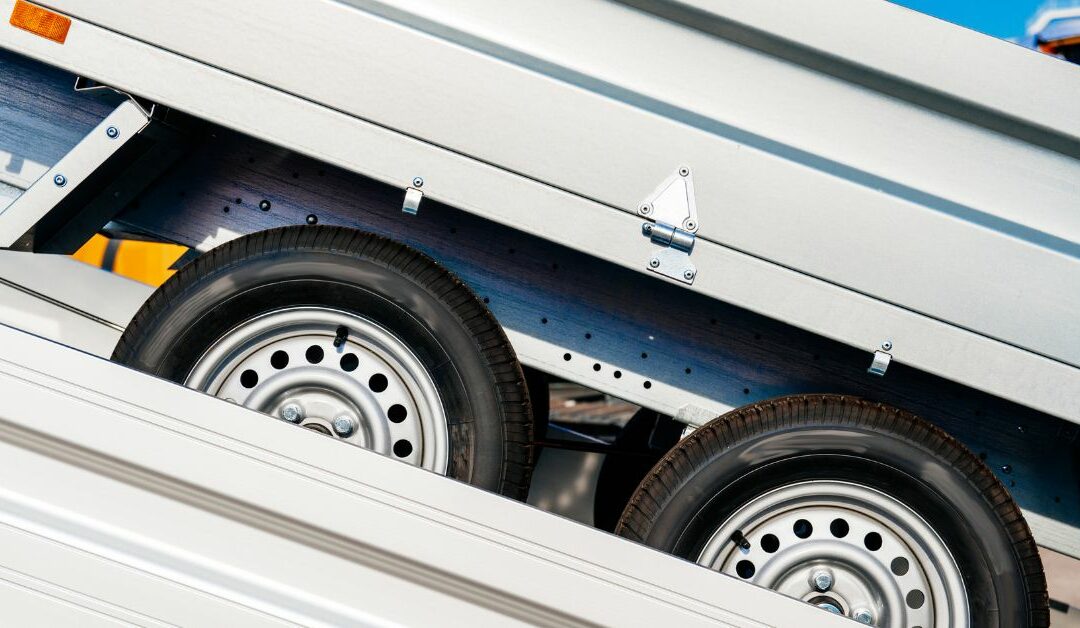When it comes to buying a trailer, there are a lot of factors to consider, including the type of material the trailer is made of. Steel and aluminum trailers are two popular options, each with its own advantages and disadvantages. In this blog post, we will be discussing the differences between steel and aluminum trailers, and what you need to know in order to choose the right trailer for your needs.
Table of Contents
The Durability of a Steel Trailer
First, let’s talk about steel trailers. Steel trailers are a popular choice due to their durability and strength. They can handle heavy loads and are less susceptible to denting and other types of damage. However, one issue with steel trailers is that they are susceptible to rusting. This is especially true if the trailer is exposed to road salt or other types of harsh elements. When a steel trailer is taken down a gravel road, for example, the rocks that kick up can chip the paint, exposing the metal to the elements. At Vantage Trailers, we are aware of this issue, so we have increased the stone guard from 24” to 48” on all bumper pull trailers we bring in. This helps protect the trailer from damage and rust.
One interesting technique that some manufacturers use to eliminate the rust issues that come with steel while still retaining the strength of the material is galvanized steel construction. This process involves coating the steel with a layer of zinc, which provides an additional barrier against rust and corrosion. The zinc coating also gives the steel a unique look, with a shiny surface that can be further customized through the use of different finishes. Additionally, galvanized steel is often used in outdoor applications, such as fencing or roofing, where it is exposed to the elements and needs to withstand harsh weather conditions. Overall, galvanized steel construction is a fascinating approach that combines the durability of steel with the protective benefits of zinc, resulting in a long-lasting and visually appealing material that is perfect for a range of applications.
Aluminum Trailer Durability With Proper Care
Now, let’s move on to aluminum trailers. Aluminum trailers are lightweight and easy to tow, making them a popular choice for many people. However, aluminum trailers need more care on the inside, as horse urine is corrosive to aluminum. The floor under the mats should be washed regularly to mitigate this issue. In the past, many trailer manufacturers used a thin, rolled aluminum sheet for the horse area floor. This sheet was not very thick, so the structural integrity of the floor could be compromised much faster. With the new interlocking aluminum planks that are more commonly used, this problem has largely gone away, this is because the planks are thicker than the rolled floors. However, it is still highly recommended to keep the floor under the mats clean on all aluminum trailers. Overall aluminum trailers retain their value longer than steel trailers and they can last longer than steel trailers, as long as they are properly cared for.
In conclusion, both steel and aluminum trailers have their own advantages and disadvantages. Steel trailers are strong and durable, but they are susceptible to rusting if they are not galvanized. Aluminum trailers are lightweight and do not rust, but they are more susceptible to corrosion. When choosing a trailer, it is important to consider your needs and budget, as well as the type of material that will work best for your situation.

